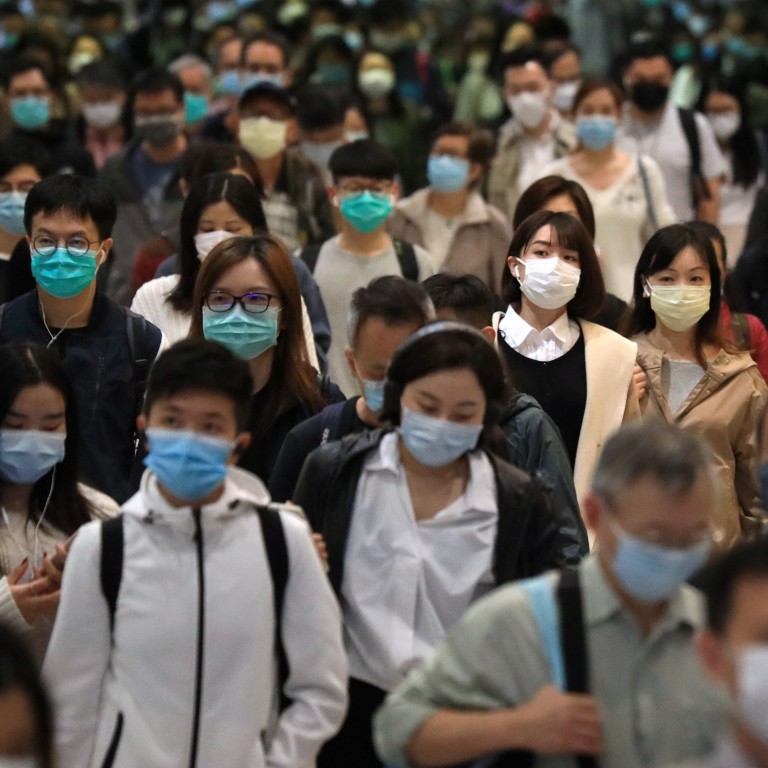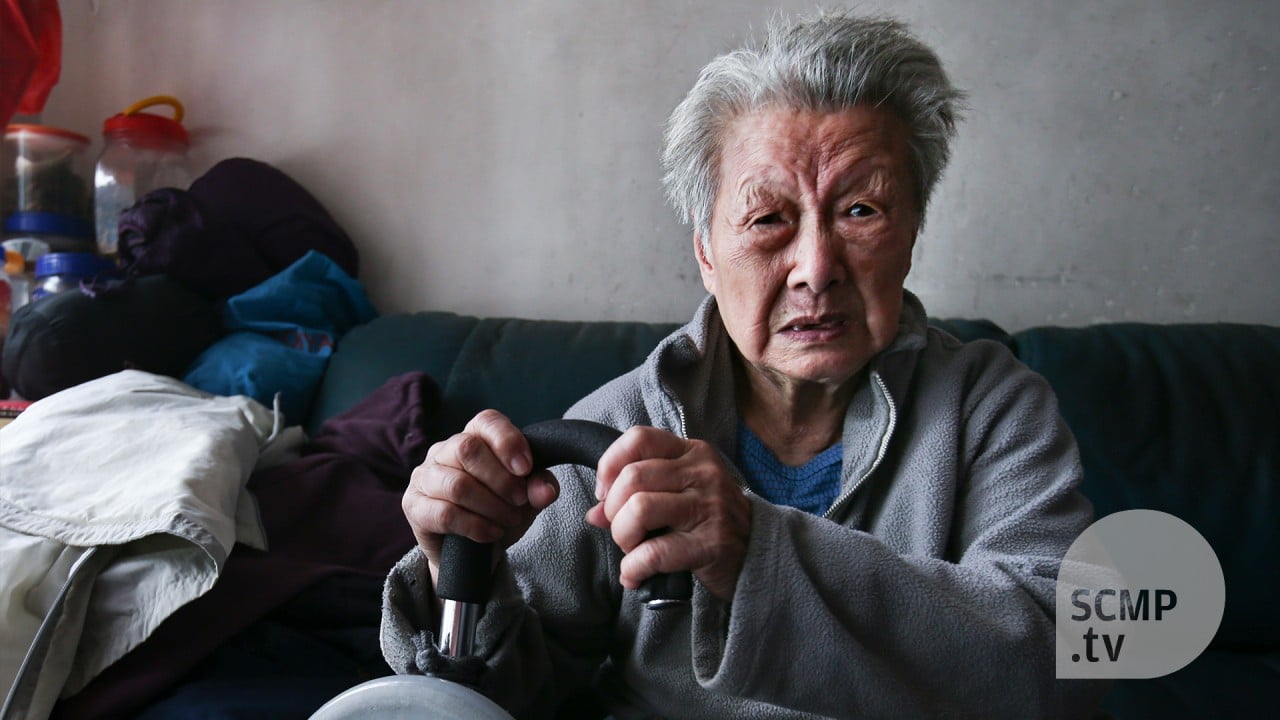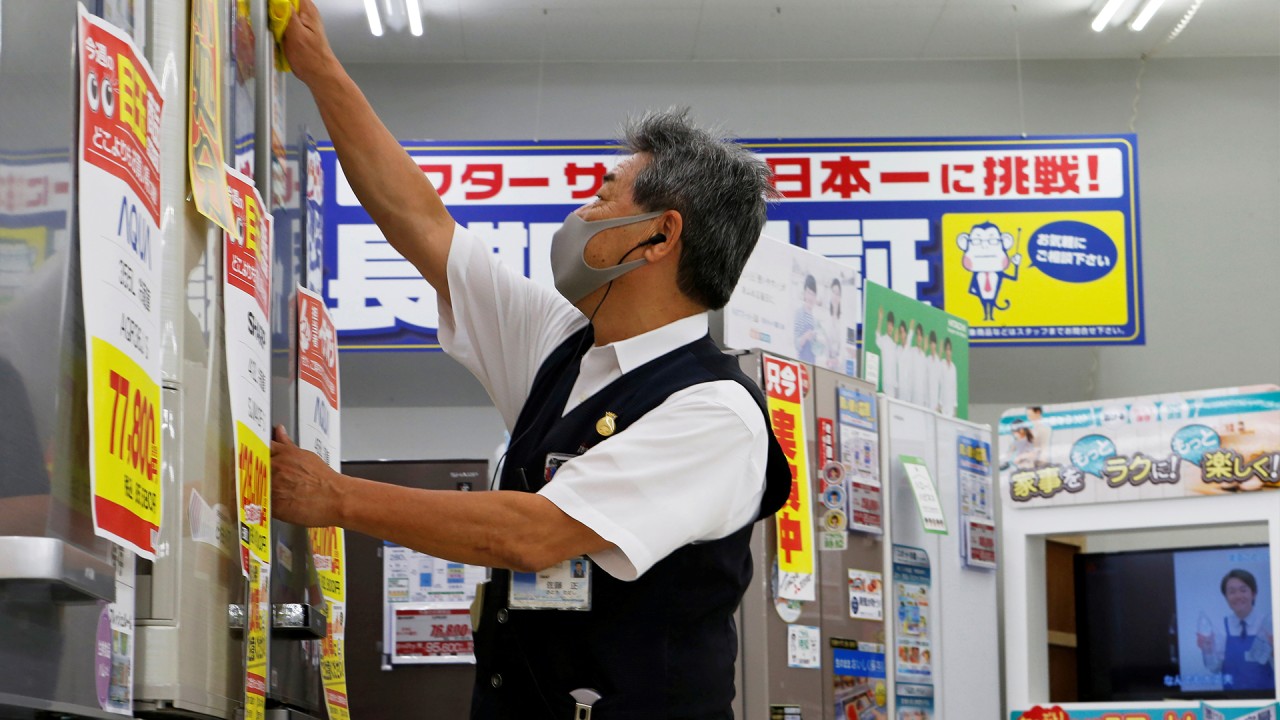
Three ways Hong Kong can unleash its greatest potential – human capital
- Faced with an ageing population and a growing demographic imbalance, the city must break away from traditional life planning
- When we reimagine longevity as ‘younger for longer’, not ‘older for longer’, we can allow ‘younger’ people to continue learning and contributing to the economy
Human capital remains indispensable to Hong Kong. In the World Bank’s Human Capital Index 2020, which gauges the productivity of the next generation of workers, Hong Kong ranks second out of 174 economies – behind only Singapore.
According to projections by the Elderly Commission, Hong Kong’s senior population aged 65 and over will increase rapidly, from 15.3 per cent of the total population in 2015 to 30.6 per cent by 2043, and 35.9 per cent by 2064. Research by Our Hong Kong Foundation finds that the median age of the population will hit 51 by 2064, with a dependency ratio of 567 older people to 1,000 of working age.
Faced with an ageing population and a growing demographic imbalance, Hong Kong needs to formulate a new, holistic strategy to maintain a competitive workforce.
While the government is aware of the demographic challenge and includes “Smart People” in its Smart City Blueprint, none of the blueprint’s key indicators point to the necessity of changing the public’s mentality – by reimagining life planning, learning and career development.
Hong Kong needs a bottom-up, socially-driven approach that not just complements existing efforts to promote residential and community aged-care services, but more importantly facilitates a culture shift – similar to that outlined by Andrew Scott and Lynda Gratton in The New Long Life: A Framework for Flourishing in a Changing World.
They call for a rethink of “age” and life planning. It is essential to question and revisit our long-held assumptions about modern social life before we can formulate a comprehensive and sustainable strategy for human development.
The following three issues are of particular relevance to sustainable human capital development in Hong Kong.
First, our concept of age has hindered our ability to imagine the opportunities longevity can offer younger people. Currently, our linear understanding of age as the number of years lived overlooks how much our quality of life has improved, compared to previous generations, and how we are ageing more healthily now.
Adopting the concept of biological age, on the other hand, enables us to think of longevity as “younger for longer”, instead of “older for longer”. It also allows us to move from focusing on what “older” people need, to thinking about how “younger” people can continue to contribute to society.
Hong Kong is failing its elderly, and they deserve better
Such a mindset shift will provide workers with greater autonomy, flexibility and self-empowerment in planning their personal and career development. Hong Kong’s corporations, meanwhile, may review and reinvent terms of employment and retirement so senior employees can continue to develop their careers and contribute to the economy.
These measures will promote diversity and sustainability of human capital, while reducing dependence on the government for retirement support.
Second, our traditional life planning has discouraged lifelong learning. It is common in Hong Kong for children to be programmed from a young age to follow a three-stage life plan: first, they should work hard at school to excel in public exams and get places in the most coveted programmes and at top universities.
On graduation, their next mission is to land a high-flying job, to buy a home, start a family and provide their children with the best education.
The final mission is accomplished when they retire at 65, enjoy their lives as grandparents, and see their children and grandchildren following the same life plan.
The lack of diversity of Hong Kong’s economy, combined with the city’s deep-rooted East Asian culture, means that the old paradigm of life planning is more entrenched here than elsewhere. Although the culture of such careful life planning has helped build one of the world’s most efficient workforces, this rigid approach is no longer fit for purpose and will hinder Hong Kong’s human capital development.
We need a new approach to seize the opportunities created by longevity: an innovative and flexible mindset to plan careers and life better. We need to reform our education system so people who have left school will have lifelong access to opportunities to freely and fully develop their interests, knowledge and skills.
Encouraging lifelong learning from the bottom up will not only help maintain the competitiveness of the economy and workforce, but also enhance citizens’ well-being by providing them with new opportunities for personal and career development.
Finally, to address the inevitable challenge posed by the ageing population, we need a combination of top-down and bottom-up approaches to smart city development. A shift in our understanding of age and life planning is crucial to the sustainable growth of our human capital and the innovativeness of our economy.
Furthermore, we should recognise that investment in human capital is a process rather than an end in itself, and be ready to constantly review the situation and readjust regularly in response to a changing environment. This way, Hong Kong could continue to unleash the competitive potential of its human capital.
Wai-Hong Tang is an independent researcher on the international political economy of East and Central Asia. Neville Lai is an independent researcher




